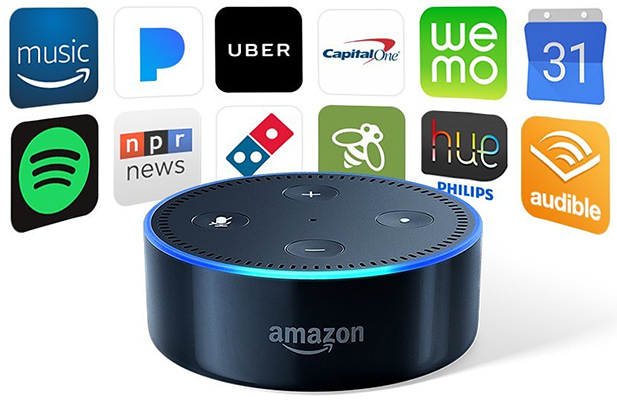Artificial intelligence will transform universities. Here’s how. — from weforum.org by Mark Dodgson & David Gann
Excerpt:
The most innovative AI breakthroughs, and the companies that promote them – such as DeepMind, Magic Pony, Aysadi, Wolfram Alpha and Improbable – have their origins in universities. Now AI will transform universities.
We believe AI is a new scientific infrastructure for research and learning that universities will need to embrace and lead, otherwise they will become increasingly irrelevant and eventually redundant.
Through their own brilliant discoveries, universities have sown the seeds of their own disruption. How they respond to this AI revolution will profoundly reshape science, innovation, education – and society itself.
…
As AI gets more powerful, it will not only combine knowledge and data as instructed, but will search for combinations autonomously. It can also assist collaboration between universities and external parties, such as between medical research and clinical practice in the health sector.
The implications of AI for university research extend beyond science and technology.
…
When it comes to AI in teaching and learning, many of the more routine academic tasks (and least rewarding for lecturers), such as grading assignments, can be automated. Chatbots, intelligent agents using natural language, are being developed by universities such as the Technical University of Berlin; these will answer questions from students to help plan their course of studies.
Virtual assistants can tutor and guide more personalized learning. As part of its Open Learning Initiative (OLI), Carnegie Mellon University has been working on AI-based cognitive tutors for a number of years. It found that its OLI statistics course, run with minimal instructor contact, resulted in comparable learning outcomes for students with fewer hours of study. In one course at the Georgia Institute of Technology, students could not tell the difference between feedback from a human being and a bot.
Also see:
Digital audio assistants in teaching and learning — from blog.blackboard.com by Szymon Machajewski
Excerpts:
I built an Amazon Alexa skill called Introduction to Computing Flashcards. In using the skill, or Amazon Alexa app, students are able to listen to Alexa and then answer questions. Alexa helps students prepare for an exam by speaking definitions and then waiting for their identification. In addition to quizzing the student, Alexa is also keeping track of the correct answers. If a student answers five questions correctly, Alexa shares a game code, which is worth class experience points in the course gamification My Game app.
…
Certainly, exam preparation apps are one way to use digital assistants in education. As development and publishing of Amazon Alexa skills becomes easier, faculty will be able to produce such skills just as easily as they now create PowerPoints. Given the basic code available through Amazon tutorials, it takes 20 minutes to create a new exam preparation app. Basic voice experience Amazon Alexa skills can take as much as five minutes to complete.
Universities can publish their campus news through the Alexa Flash Briefing. This type of a skill can publish news, success stories, and other events associated with the campus.
…
If you are a faculty member, how can you develop your first Amazon Alexa skill? You can use any of the tutorials already available. You can also participate in an Amazon Alexa classroom training provided by Alexa Dev Days. It is possible that schools or maker spaces near you offer in-person developer sessions. You can use meetup.com to track these opportunities.









